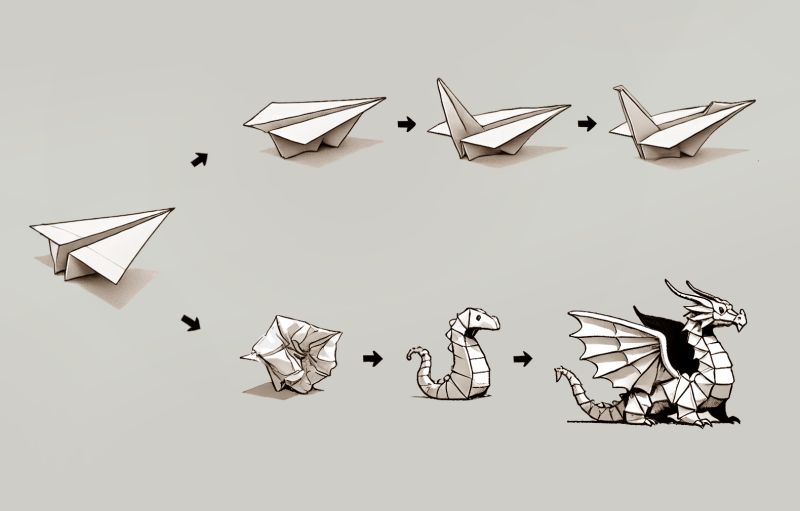"Data to insight" and "data to impact" are great, but true success will be measured in whether your organization achieves "data to change."
Our relationship with data began with "data to insight"—companies celebrating their ability to extract meaning from numbers. While this brought notable successes, the limitations also became clear: without action, insights alone are merely expensive decoration.
This led to the "data to impact" era, where insights are expected to drive measurable business outcomes. Analytics moved from theory to production, data initiatives became IT projects, and success was measured by tangible returns—the "era of the use case."
This approach has led to substantial optimization, but is now reaching natural limits. As each use case optimizes current operations, the scope for further gains diminishes. Thus, the next frontier isn't about point optimizations (although these remain important), but achieving systemic data-driven transformation.
Welcome to the "data to change" era, where data doesn't just influence how we assess and optimize the current business, but reshapes our fundamental understanding of it. In a data-abundant world, organizations must rethink their operations, risk approach, structures, and core business model.
In this new world, technical excellence is no longer a competitive advantage, but table stakes. The real differentiation lies in having the courage to let data challenge core assumptions about value creation and organizational design. This requires intellectual humility—recognizing that traditional business understanding may need complete reimagining.
When it comes to "data to change", success is no longer measured by optimizing what exists, but by reimagining what's possible.
